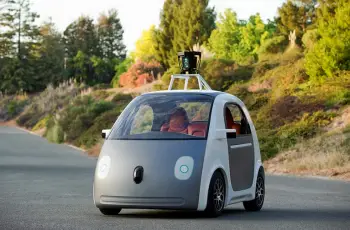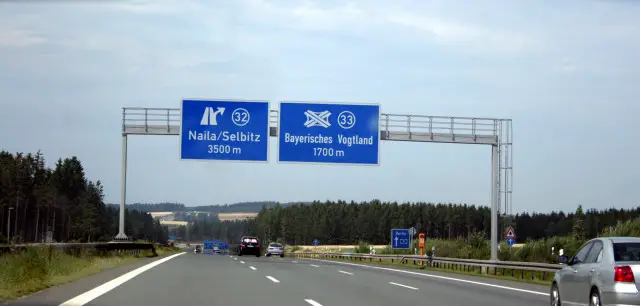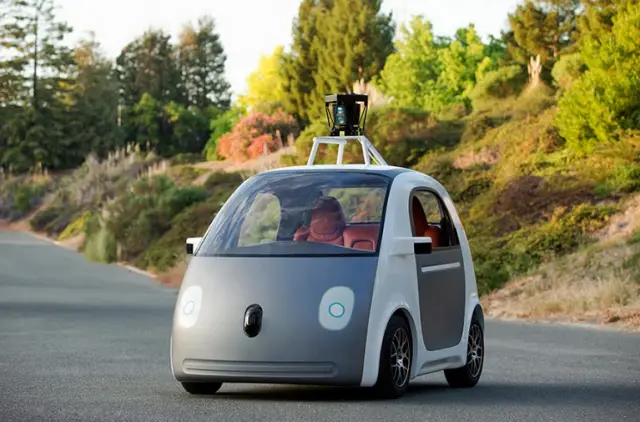
Germany’s A9 autobahn route set to allow self-driving cars, but not just for Google’s benefit

If Google’s well-documented efforts to bring self-driving cars to market isn’t proof enough that this is poised to be the next big automative breakthrough, perhaps Germany’s latest efforts are. The country has approved the use of self-driving vehicles on a portion of its autobahn A9 route, a motorway that serves to connect two of their biggest cities: Berlin and Munich.
The route won’t stretch the entirety of the A9 autobahn as its immediate purpose is to provide an ample route for testing measurements and “digitizing” to allow for proper road-to-road and road-to-vehicle communication. That is to say, it’s really only to initiate the process of allowing Germany to begin work on making automated vehicles appropriate for the road.
Most interesting about the move is Germany’s intent. Google is by far the biggest single technology company working on bringing this technology to market (which they hope to do by 2020 with the help of established automakers), but Germany says they’re not doing this for Google’s benefit.

“We have to achieve a digital sovereignty, independent from America and Asia,” said Alexander Dobrindt, the country’s traffic minister. That sounds more prideful than anything, especially considering automobiles sit atop the list of things Germany is most famous for.
Regardless, it’s everyone’s hope that their efforts will go a long way to help accelerate the introduction of this technology. They’ll likely be aided by home-grown manufacturers such as Audi and Mercedes-Benz who successfully performed automated vehicle tests on their own:
It’s possible these are some of the same manufacturers Google is said to have courted for their own efforts, but the word is still out on whether those deals were actually inked. Whatever the case may be, true innovation and significant advancements in technology don’t happen until multiple parties start throwing their hats into the circle, and we’d say one of the worldwide leaders in automotive technology is one big hat.
